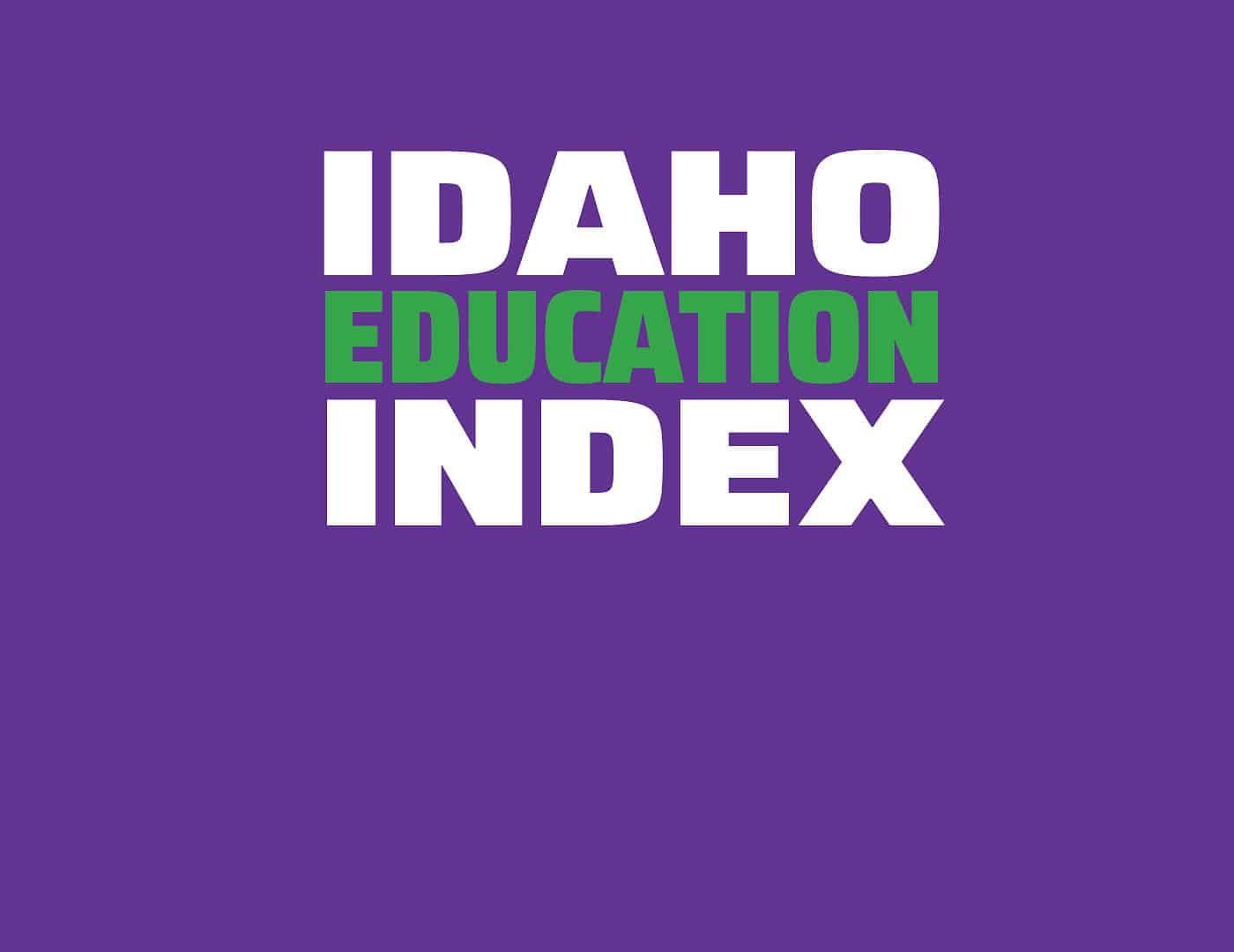


Bill Description: House Bill 281 would prohibit corporal punishment, physical restraints, or seclusion from being used to discipline students in public schools. It would allow school employees to use restraints and seclusion only if students pose a serious threat to themselves or others. They would have to stop these practices as soon as the students’ actions are no longer an immediate threat. The bill would require all public and private schools to receive annual training related to behavior management. It would also require all school administrators, whether public or private, to provide proof of policies related to behavioral management to the state department of education. Additionally, it would require the State Department of Education to provide resources and training to every school district.
Analyst Note: House Bill 281 was amended to remove restrictions on private schools which changed the rating from a -2 to a -1.
Rating: -1
Does the bill allow schools to be more flexible, improve feedback mechanisms, and decentralize decisions to the family or individual level? Conversely, does the bill add to the existing education bureaucracy?
By implicating private schools in its regulatory framework, House Bill 281 has the impact of reducing flexibility and centralizing decision making. This is found in two sections of the bill where private schools are required to have all staff participate in training related to behavioral management and also require all administrators of private schools to submit their behavioral management policies to the state department of education. This would be an unprecedented expansion of government into the private school system.
(-1)
Does the bill create more transparency or accountability in public education institutions? (+) Conversely, does the bill reduce transparency and accountability in such institutions? (-)
House Bill 281 would increase accountability in public educational institutions by prohibiting school employees from using corporal punishment, physical restraints, or seclusion to discipline students. Instead, under the bill, restraints and seclusion may only be used against students whose actions put themselves or others “in imminent danger of serious bodily harm.” School staff members must receive training in the correct use of restraints, de-escalation strategies, and classroom management. These policies would help protect student safety while preventing abuse by school employees.
(+1)
At the same time, House Bill 281 would seem to condone or allow concerning practices on the part of school districts. For example, the bill defines “chemical restraints” as “using drugs or medication to control behavior” when the medication is not prescribed by a doctor. The bill would allow chemical restraints to be used when a student’s conduct has placed himself or others in immediate danger. School districts should not be administering drugs that have not been prescribed to a student.
(-1)
Does the bill reinforce the idea of equal treatment under the law, merit, individual responsibility, personal agency, and expectations of academic excellence? (+) Conversely, does the bill allow for any type of discrimination against, or grant preferential treatment to, any individual or group for any purpose on the basis of race, sex, color, economic class, ethnicity, national origin, geographic area, legacy status, or other identity group? (-)
House Bill 281 would require school employees to “receive annual professional development training regarding positive behavior supports, de-escalation techniques, and managing classroom behavior.”
Positive Behavior Interventions and Supports, or PBIS, are a set of tiered strategies for addressing and de-escalating negative student behaviors at school. According to the National Center for PBIS, schools that implement these procedures “[e]ngage students, families, and community members to co-create culturally responsive practices.” The center emphasizes equity as a core value.
PBIS are often associated with restorative justice, the belief that racial disparities in the use of school discipline result from racism rather than poor behavior. While the broader intentions of advocates may be good, restorative justice policies that view discipline through the lens of racial disparities undermine teachers’ authority in the classroom and encourage bad behaviors through lenient punishments. Restorative justice is closely associated with the ideas and practices of critical race theory.
By mandating training in positive behavior supports that will likely be tied to restorative justice practices and/or critical race theory, House Bill 281 would undermine the idea of personal responsibility in schools. This is all the more problematic when these requirements would also be placed upon private schools.
(-1)

